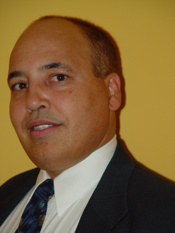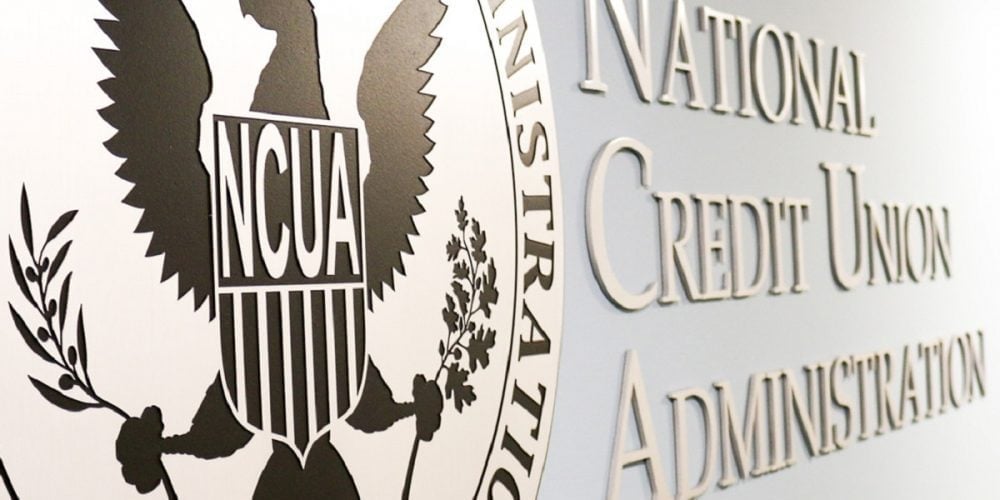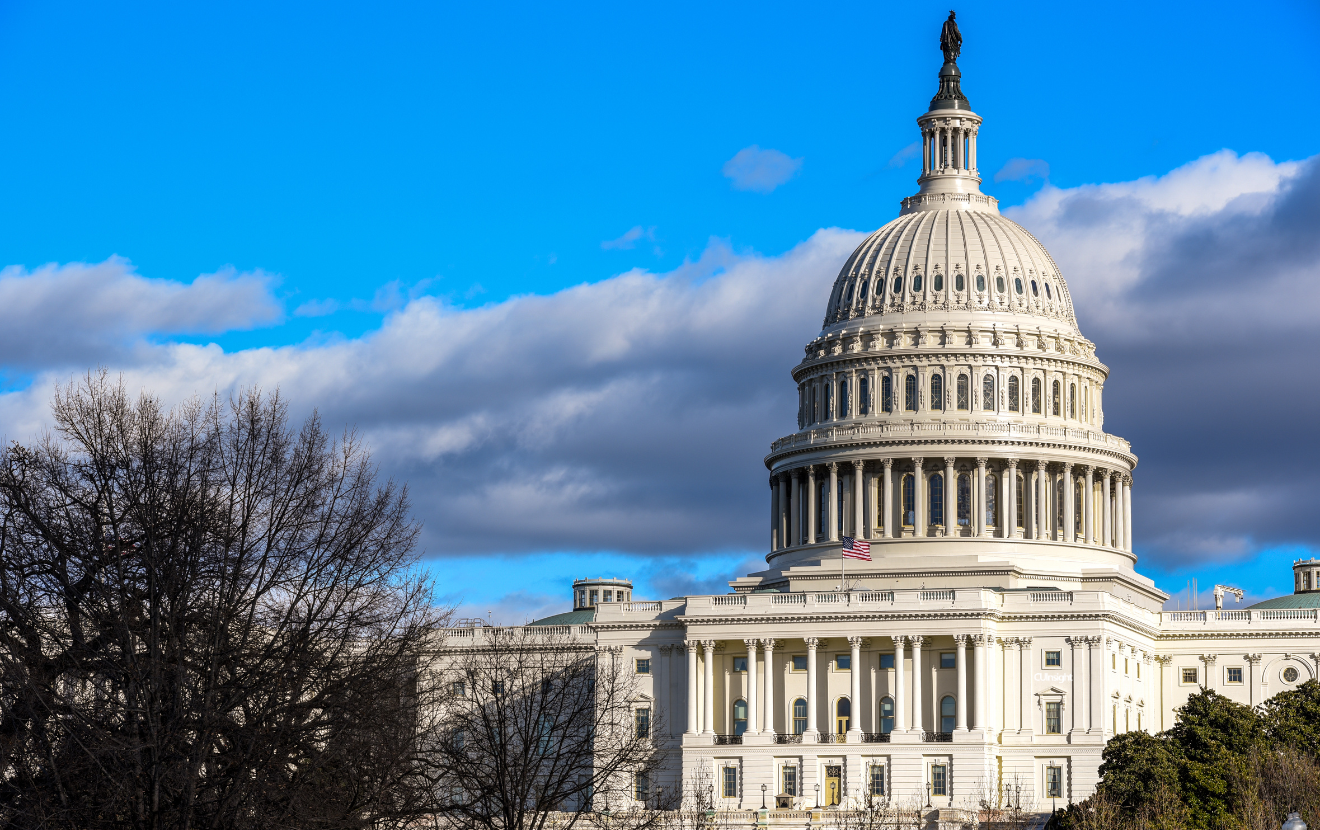 by: Pablo DeFilippi, Membership Director, National Federation of Community Development Credit Unions
by: Pablo DeFilippi, Membership Director, National Federation of Community Development Credit Unions
Last week I attended a Payday Loan Reform and Consumer Credit Convening in Chicago sponsored by the Ford Foundation and I was reminded that the success of the credit union movement is due in large part to our ability to do what other financial institutions are unable and often times unwilling to do: serve underbanked populations on the fringes of society with fairness and respect. We need more credit unions to recognize the opportunity and the imperative to offer payday loan alternatives. There are already great examples of sustainable, yet affordable programs run by credit unions throughout the country that demonstrate the viability of these efforts, but we need many more to step up to the table.
During the past three years, the number of payday lending outlets has quadrupled to more than 22,000, a number sure to increase as traditional banks jump on the short-term loan bandwagon. Payday lenders collect the vast majority of their fees from borrowers trapped in a cycle of repeated transactions, loans with APRs up to 1,000 percent! Consider these statistics on payday loans from the Center for Responsible Lending:
- Payday loans strip $4.5 billion per year from American consumers;
- At least four large banks are making payday loans directly to their customers, and more plan to do so;
- The average APR of a bank payday loan with a typical loan term of 10 days is 365 percent;
- Bank payday lending circumvents state consumer protections, undermines the Pentagon’s protection of military personnel, and harms economically vulnerable communities and families
Some call payday lending “legalized extortion,” pointing out that minority populations are among the hardest-hit. Julian Bond, former chairman of the NAACP, really says it all: “A drive through minority neighborhoods clearly indicates that people of color, regardless of income, are a target market for legalized extortion. Payday lending is an economic drain that threatens the livelihoods of hardworking families and strips wealth from entire communities.”
Of course, we know there is another way. The National Credit Union Administration allows credit unions to create short-term, small-dollar (STS) loans within the following parameters:
- One to six-month terms
- Loan amounts between $100 and $1,000
- Maximum 28 percent interest rate
- Maximum $20 application fee
- Maximum of three loans in a six-month period, one loan at a time
- No credit report required
- Borrowers must be members of an FCU for at least one month
- FCUs may not lend amounts greater than 20 percent of net worth
- No rollovers allowed
Since STS reporting started in 2010 we've seen a 57% increase in the number of credit unions engaged in this type of lending grew (257 in 2010 to 403 in 2011). Of course, this is not the entire picture as only Federally chartered CUs are required to report (that's 61% of all CUs). Last year FCUs generated almost $60 million in STS, but if we take into account state chartered CUs, then the number is likely to be much higher. North Carolina State Employee's Credit Union alone logs between $35 to $40 million a month in STSs!!
There are many examples of credit union programs that are up and running with a goal of breaking the payday loan cycle and promoting financial literacy and savings. North Carolina's SECU’s Salary Advance Program allows loans up to $500 payable within 31 days at 12% interest to members with a SECU checking account and direct deposit. Some 157,000 members participate in the program, and it is still growing! SECU’s monthly total lending on the product is some $40 million and the actual annualized loss ratio stands at 4 percent. SECU also offers a lower, 5.5 percent borrowing rate for participants with more than $500 in savings. The credit union is looking into automating its program, creating a line of credit members can draw on in $20 increments, and increase its no-surcharge ATM network.
Scale is important in this business but it is not the only thing that makes a program successful. A great example is $48 million TMH FCU in Tallahassee, FL, which offers an alternative payday loan program that it's both sustainable (the CU makes money on it) and affordable (18% interest rate and no fees). Clearly they understand the market they serve and responded to the needs of a segment of their membership that was using abusive providers for their emergency needs. TMH could have easily ignored what was going on in their community but they chose to do something about it.
The challenge is to replicate these models to enable an increasingly larger number of credit unions to provide affordable loans to those who can't least afford it. One of the best initiatives out there is the Pennsylvania Credit Union League's Better Choice program, which was created to transition people away from wealth-stripping payday lenders to wealth-building credit unions, breaking the cycle of debt and encouraging a savings habit. Created by the Pennsylvania Credit Union Association in conjunction with the State Treasurer’s Office, credit unions in Pennsylvania are allowed to lend a maximum of $500 to any current or eligible member. Some 70 credit unions are currently participating, saving customers $19 and banking $2.6 million in savings. The loan features:
- Maximum 90-day term
- Weekly, bi-weekly or monthly installments
- Financial counseling included
- Maximum 18-percent interest rate
- Maximum $20 application fee
- At disbursement, an amount equal to 10 percent of the requested loan amount will be deposited into a savings account in the member’s name. This amount is added to the loan balance. The member cannot withdraw any portion of this deposit or close the account until the loan is paid in full.
- The interest the member pays on the additional 10 percent of the loan is rebated to the member’s savings account upon payoff.
My organization, the National Federation of Community Development Credit Unions (the Federation) has been promoting alternatives to payday lending for many years. In fact many CDCUs offer some type of STS product. We've developed a couple of interesting ways to expand the capacity of CUs engaged in this type of lending:
- The first one is our Predatory Relief and Intervention Deposit (PRIDE), which is a deposit used to collateralize a portion of the loans made by the recipient credit union to fight predatory or abusive lending. The Federation shares the risk on these loans by assuming the risk on 25% to 40% of the loan principal. As the credit union books loans to members that are victims, or about to become victims, of predatory lenders, funds from the deposit are transferred to accounts pledged to the credit union to support these loans. Any losses are to be shared pro-rata between the credit union and the Federation. When the PRIDE deposit matures, the credit union repays the Federation the original deposit amount minus the Federation’s share of losses realized on anti-predatory loans secured by the deposit
- The second one is our Borrow and Save Program, which we implemented with support from the Ford Foundation and Morgan Stanley as an asset-building program that partners a small dollar loan product with a required savings component. Borrow and Save features a 15 percent interest rate and was initially launched by three community development credit unions: North Side Community FCU; Freedom First CU and Union Settlement FCU.
These are but a few examples of credit unions doing their part to ward out predatory lending while investing in the community. As these credit unions show a SUSTAINABLE alternative payday loan program can be structured within the parameters established by NCUA and don't even have to charge the 28% rate the regulator authorizes. That makes these alternative programs AFFORDABLE and a real option to get consumers out of the payday lending trap. This is the first step to engage them in the financial mainstream in a meaningful and effective way. Only after we give vulnerable consumers breathing room to take a step back and start thinking beyond the next emergency, we'll be in a position to talk about asset building and other strategies that generations of Americans have used to gain control over their financial future.
Getting back to the lessons from that Payday Loan Reform and Consumer Credit Convening, what's clear is that there's no magic bullet to solve this problem. As I heard the presentations from researchers and product development people, I came to realize than the solution to this epidemic isn't so much through the invention of some new product (such as prepaid cards) but rather from getting back to basics; back to linking up people with a financial system that is responsive to the needs of LMI consumers and recognizes the opportunity and the need that exist in this market.
We already have that solution. There's already a strong network of locally owned, financial cooperatives with a stated mission of "helping people of small means". It's us! and this is our time, our opportunity to expand access to credit to those who need it the most. Move over payday lenders...credit unions are coming.
Pablo DeFilippi is the Membership Director for the National Federation of Community Development Credit Unions, a national, nonprofit association that represents, supports and invests in credit unions serving predominantly low-income, financially underserved communities. DeFilippi has more than 20 years of experience in community finance working with regulated financial institutions both in the domestic and international arena. www.cdcu.coop
About the Federation: The National Federation of Community Development Credit Unions (Federation) is a certified CDFI Intermediary representing almost 250 community development credit unions (CDCUs). The Federation's member CDCUs provide credit, savings, transaction services and financial education to almost 2 million residents of low-income urban, rural and reservation-based communities across the United States, and hold over $13 billion in community-controlled assets. Founded in 1974, the Federation is headquartered in Lower Manhattan with offices in Colorado Springs, CO; Madison, WI; and San Francisco, CA. The Federation offers a wide range of advocacy, educational, training, investment, marketing, and outreach programs to support and assist CDCUs. For more information about the Federation and its programs, please visit: www.cdcu.coop.






